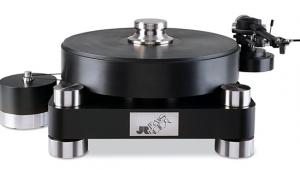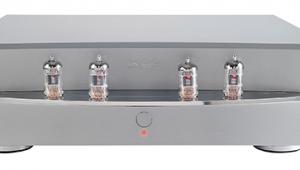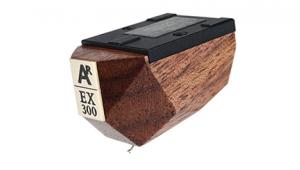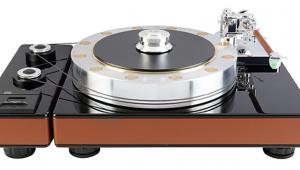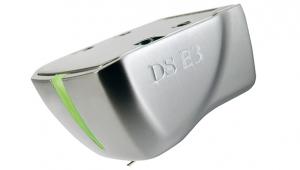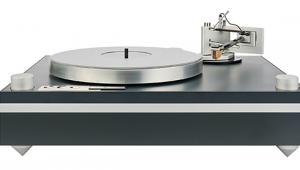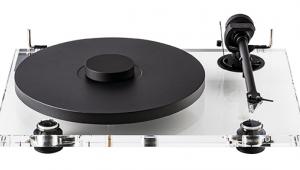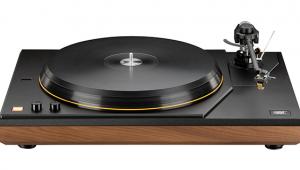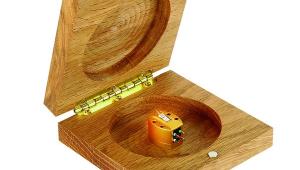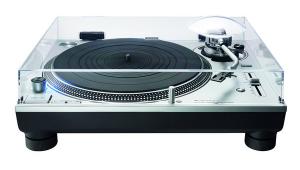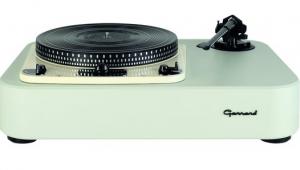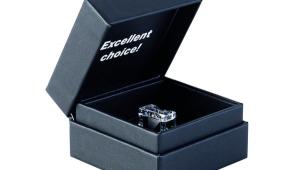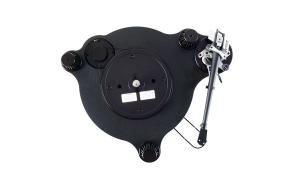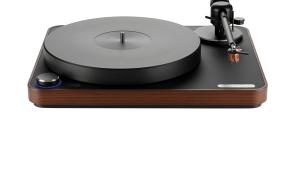Pro-Ject Debut Carbon EVO Turntable
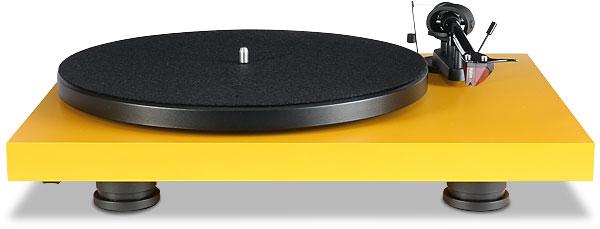
 Launched in 1999, the original Debut turntable set the bar for starter vinyl packages. Twenty-one years later and the 'Carbon EVO' raises it to pole-vault standards...
Launched in 1999, the original Debut turntable set the bar for starter vinyl packages. Twenty-one years later and the 'Carbon EVO' raises it to pole-vault standards...
Deck/arm/cartridge/dustcover: check. Price £449: check. A choice of nine finishes including wood veneer, or gloss or satin colours: check. Everything included in the package readying it for connection to a phono stage: check. That list tells you Pro-Ject's best-seller remains, after two decades, the go-to 'turnkey' record deck for newcomers (or seasoned audiophiles on a budget). The basic recipe is unchanged but refined, which is why it has sold over 1,000,000 units. Rest assured, however, that this latest incarnation, the Debut Carbon EVO, is far more than a merely cosmetic upgrade.
Before describing the improvements, a reminder of the basics. The Pro-Ject Debut Carbon EVO is, like the original Rega Planar which pretty much established the look and genre, an unadorned, rectangular slab, oozing functionality and the kind of minimalist look which evokes a certain German styling school of the pre-WWII era. There is – literally – nothing above the plinth save for platter, arm/cartridge and hinged dustcover. The lone control, an on/off switch that also chooses between 33rpm and 45rpm, is under the plinth's left front corner.
Up To Speed
This is ostensibly a two-speed deck – you simply flick the on/off switch to the left for 33 and to the right for 45. But there's a bonus. In addition to the flat belt supplied for 33 and 45, Pro-Ject supplies a second, round cross-section belt which, when fitted around the larger pulley and with the turntable switched to '45rpm', will play 78s!
Continuing the basic recipe, the carbon-fibre arm is an 8.6in single-piece model pre-fitted with an evergreen Ortofon 2M Red MM cartridge [HFN Oct '08]. It's a honey and worth nearly £100 as a separate purchase. Oh, and Ortofon offers a 78rpm stylus for it, so that spare belt might come in handy for some of you.
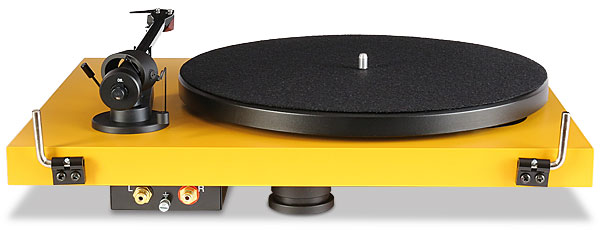
Blessedly, Pro-Ject follows the fashion of fitting its deck with phono sockets at the back instead of a captive lead from the arm, and a really nice cable with earthing wire comes in the kit. The arm is not changeable, but it's a sweet performer, so will not hold back owners from upgrades.
While there are many improvements that earn this deck its 'EVO' suffix, arguably the most important is the heavier metal platter, which has circumferential damping applied underneath. The motor suspension also enjoys improved damping, while the height-adjustable metal feet provide some decoupling. The two-speed switch is new, as is the plethora of colour choices. Traditional types are served by wood veneer, or satin or gloss black or white, but the demographic of vinyl users has changed over the past decade, so style-conscious urbanites may be drawn to gloss red or satin blue, green or yellow, as here.
Weight Gain
What this colour palette has to do with performance is irrelevant. What it has to do with spreading the word about vinyl is everything. There is also, of course, the aforesaid, often-vexing issue of an upgrade path. Yes, this arm can handle lightweight MC cartridges, and you can change cables. This is the prerogative of every insatiable audiophile. But there's one upgrade I advise you to consider from the get-go, and that's either a screw-down clamp or a record weight.
Whichever you prefer, both will audibly tighten up the bass and add a frisson of crispness to treble attack and transients. I tried an LP weight and a universal, lightweight, screw-down clamp, and found both more rewarding than changing the supplied felt record mat. I preferred the clamp to the weight (better for the bearing, too) and as most consumers shopping at this price point need to look after every pound, Amazon can supply something for as little as a tenner.
Thanks to the pre-fitted cartridge and a set of digital stylus scales, I had this making music in under 15 minutes. The only info I needed from the owner's guide was which notch to use for the anti-skating.
![]() Mellow Yellow
Mellow Yellow
Imagine the 'culture shock', so to speak, of reviewing a £449 front-end after living with one that costs four times that (the EAT B-Sharp deck [HFN Jul '20] plus Jo No5 MC cartridge [HFN Dec '18]) – to say nothing of following a TechDAS/Graham set-up worth £60k. I'd like to think a similar jolt affects a wine critic going from Petrus to something from a supermarket for £3.99, or a car reviewer following a Ferrari with a Dacia. But it wasn't that extreme.

